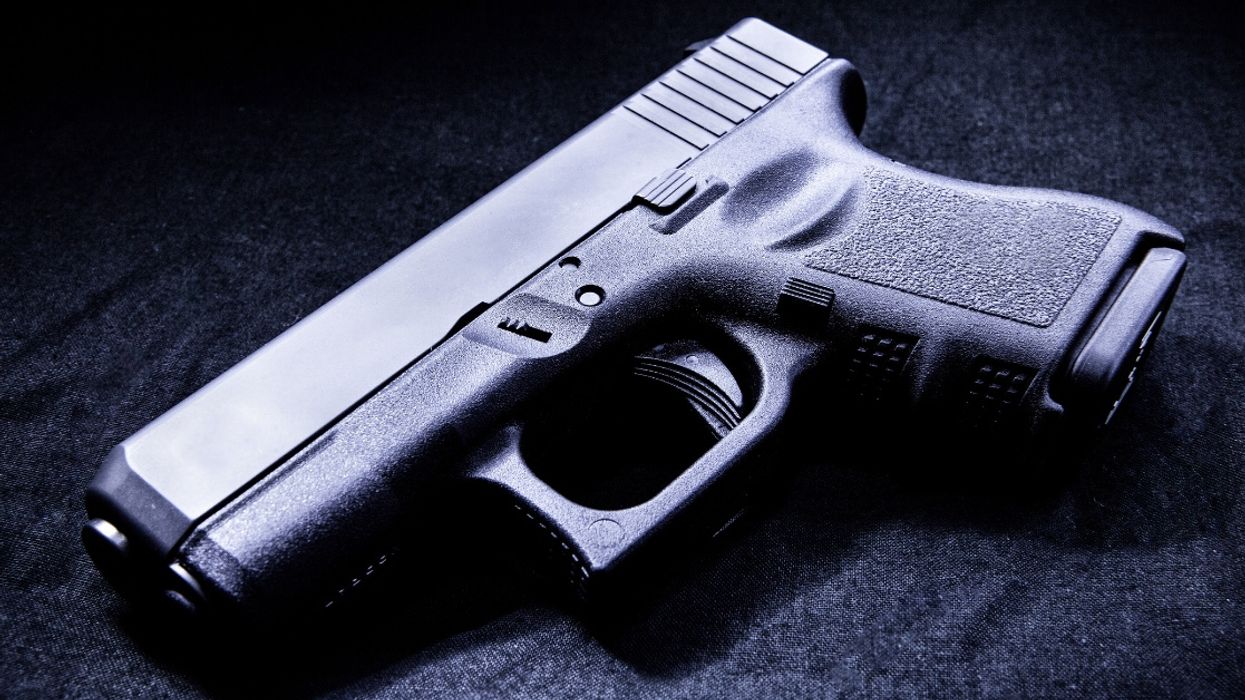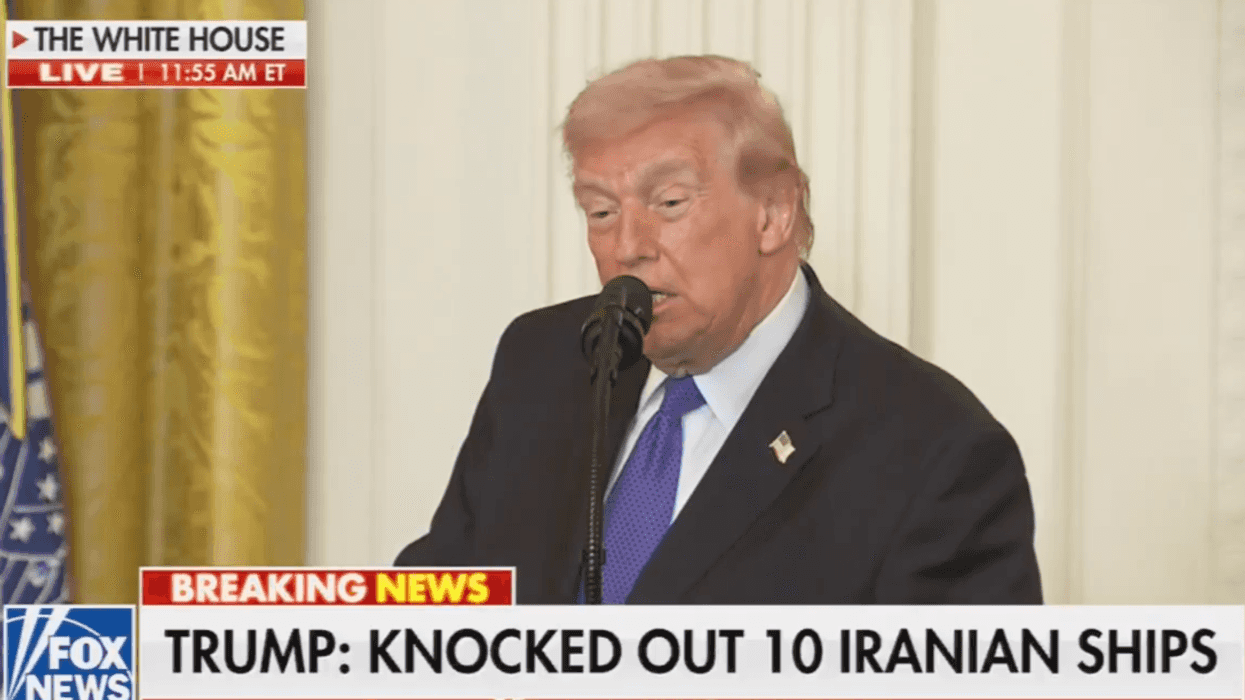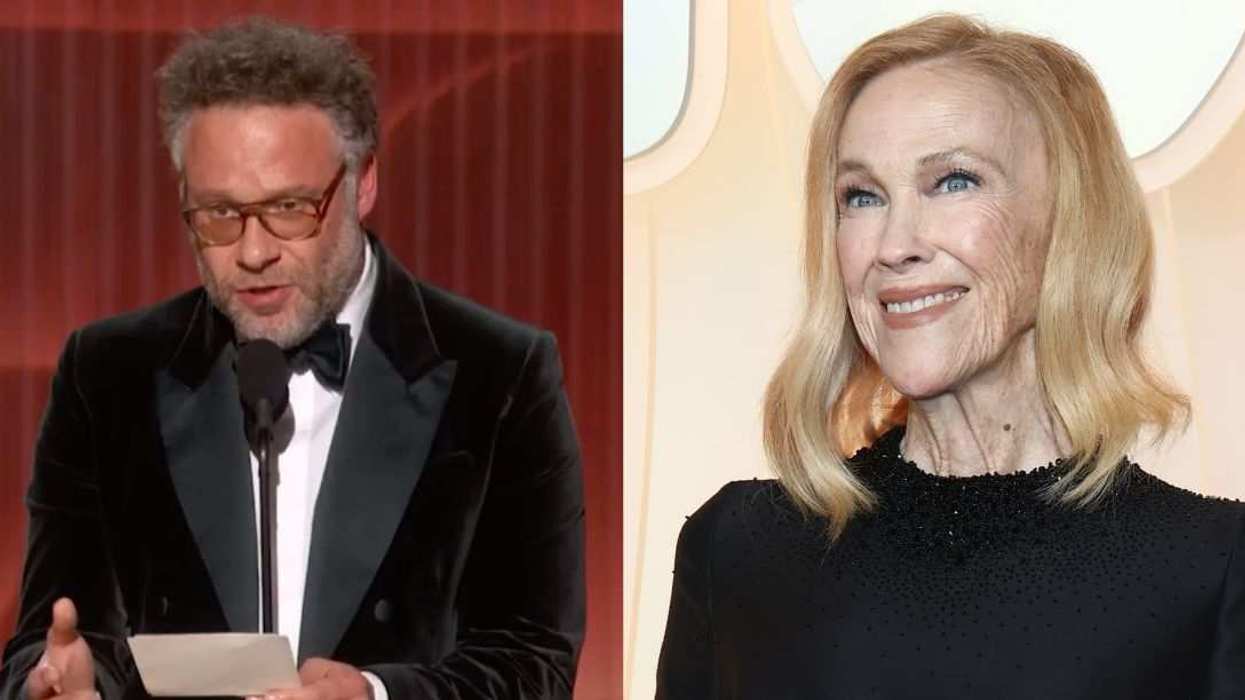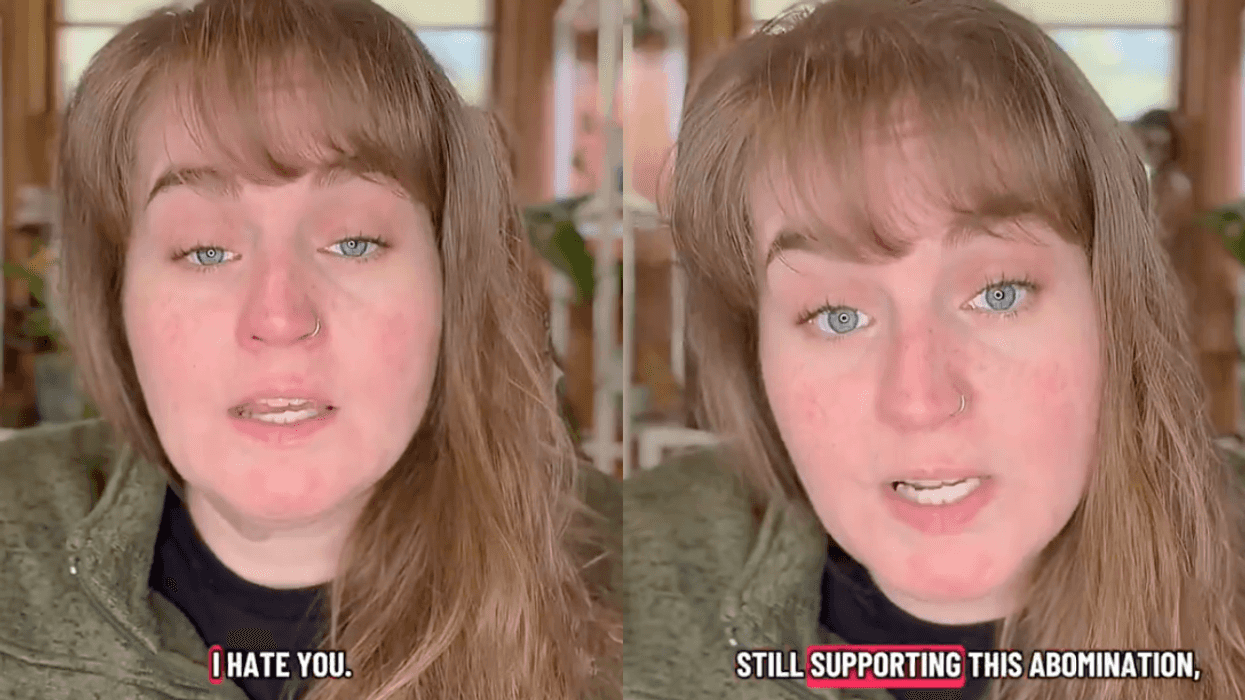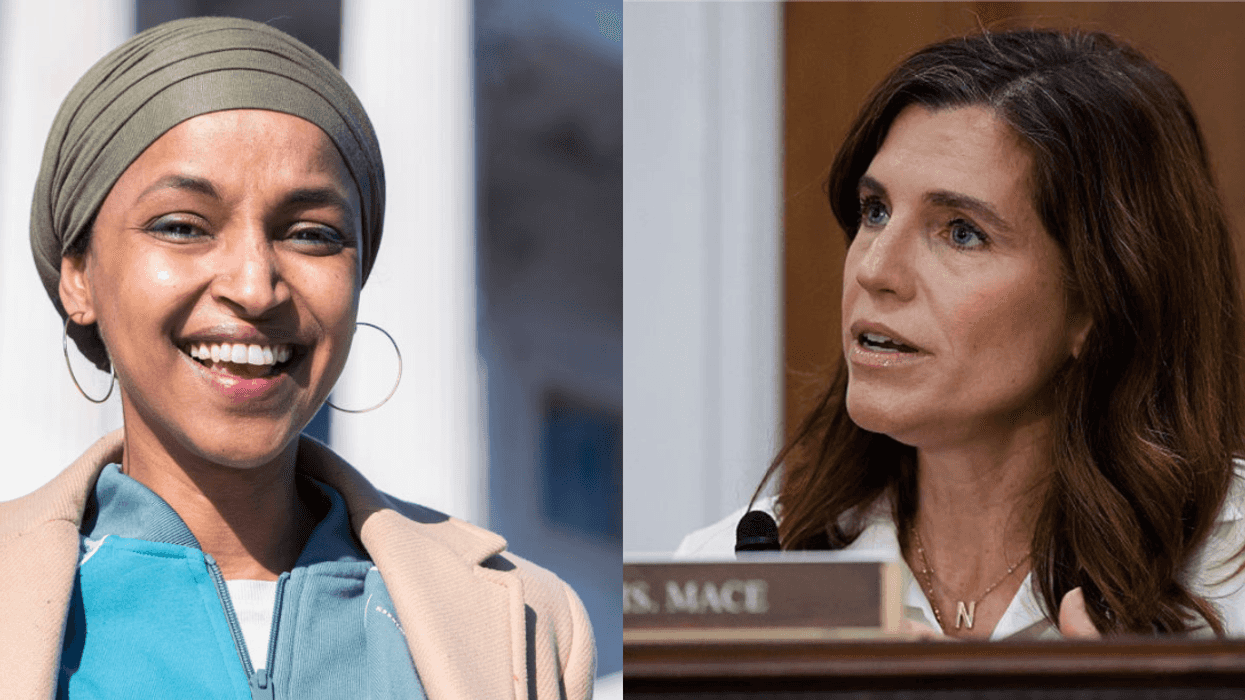Hate crimes have been prominent in the news lately, with the recent Christchurch shooting in New Zealand as an unfortunate example of the lengths people will go to harm those who are different from themselves.
A recent report from The Washington Post, conducted by researchers from the University of North Texas, showed that there was a significant increase in hate crimes in areas where a certain then-presidential candidate had held rallies during his campaign.
The study was conducted to discover whether President Donald Trump's message "may encourage hate crimes" in areas where he spoke in person.
It determined whether there was an observable link between the location of Trump's rallies and an increase in reports of hate crimes in those areas. The study examined both the times directly after the rallies and in the following months.
Of their methods, the authors of the study said:
"To test this, we aggregated hate-crime incident data and Trump rally data to the county level and then used statistical tools to estimate a rally's impact."
"We included controls for factors such as the county's crime rates, its number of active hate groups, its minority populations, its percentage with college educations, its location in the country and the month when the rallies occurred."
The study showed that the counties where Trump held a rally during his 2016 campaign showed an astounding 226% increase in reporting of hate crimes when compared with counties of similar demographic makeup where there were no rallies.
Trump has been criticized for his encouragement of violence at his rallies before.
After the mass shooting in Christchurch, New Zealand where a self-professed white supremacist killed 50 people in a mosque while they were praying, President Trump was asked to comment on whether he has noticed a rise in white nationalism.
"I don't really. I think it's a small group of people that have very, very serious problems."
"If you look what happened in New Zealand, perhaps that's the case. I don't know enough about it yet."
Of their motivations for the study, The Washington Post said:
"We examined this question, given that so many politicians and pundits accuse Trump of emboldening white nationalists."
The study authors emphasized that correlation does not equal causation, and that there is no way to "be certain" that it was Trump's message that caused people to commit and report more hate crimes.
They also debunked the assertion that the increase can be completely explained by "a plethora of faux hate crimes."
"In fact, this charge is frequently used as a political tool to dismiss concerns about hate crimes,"
"Research shows it is far more likely that hate crime statistics are considerably lower because of underreporting."
"Additionally, it is hard to discount a 'Trump effect' when a considerable number of these reported hate crimes reference Trump. According to the [Anti-Defamation League's] 2016 data, these incidents included vandalism, intimidation and assault."
Twitter had no shortage of comments on the study.
With this increase in hate crimes, it is more important than ever that people make an effort to be kind to each other. It is through kindness that we can work together to make the world a better place.

